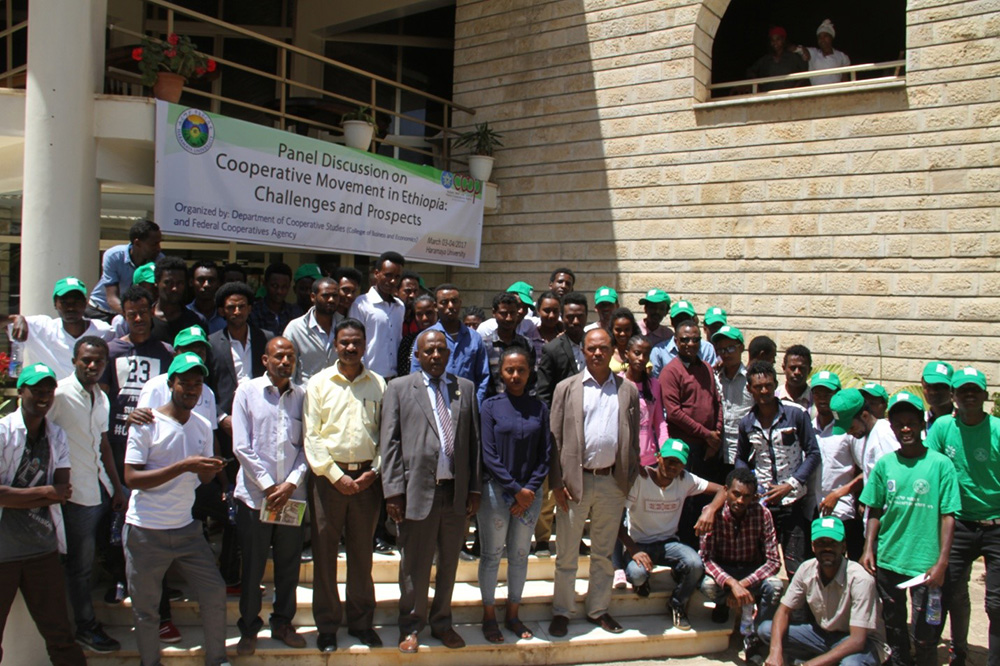Discussion holds on Cooperatives Movement and its Challenges and Prospects in Ethiopia
Haramaya University Academic Affairs for Vice President With the collaboration of Federal cooperative agency (FCA) hosted discussion with a theme “Cooperatives Movement in Ethiopia: Challenges and Prospects”.
The event was hosted on the Main Campus with opening sessions on March 03/2017 at the Resource Center.
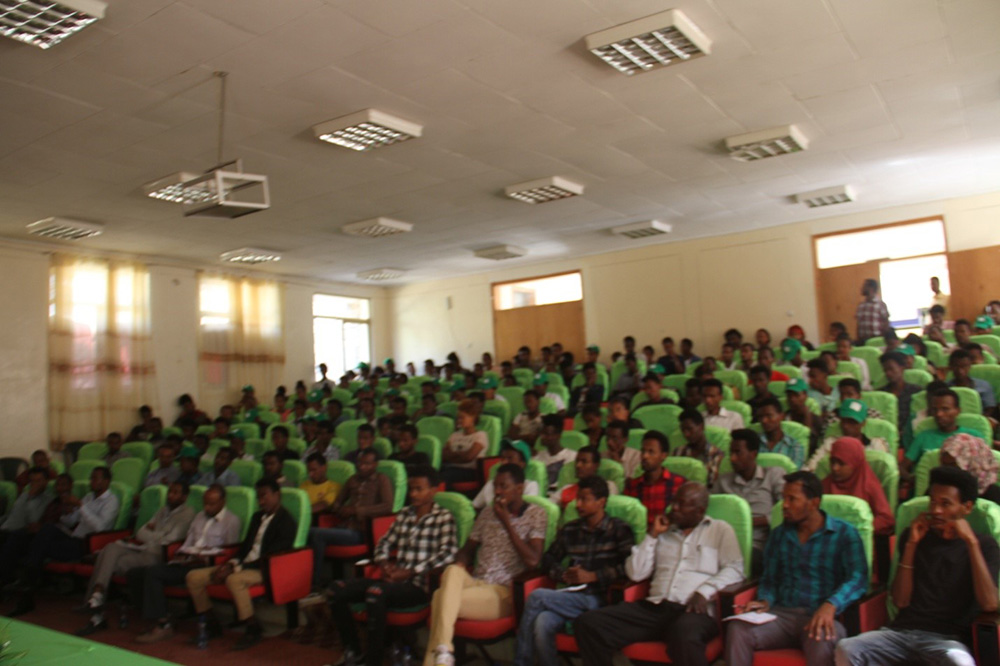
According to Head of the Department of Cooperative at Haramaya University, Mr. Henock Semaw, the general objectives of the Panel Discussion were mainly intended to create awareness and update the university community on the movement, challenges and prospects of cooperatives in Ethiopia with the specific objectives include; to create awareness and refreshing the students on the basic reality of cooperatives in Ethiopia; to share experience from senior expertise in the cooperatives sector; to share practical experience from exemplary cooperatives, and NGOs’ and to create an opportunity for professional and institutional networking among Haramaya university and other stakeholders in the cooperatives sector. And enlightening the participants about untouched potential of cooperatives and their roles on economic growth and community development endeavors was one the objectives of the panel.
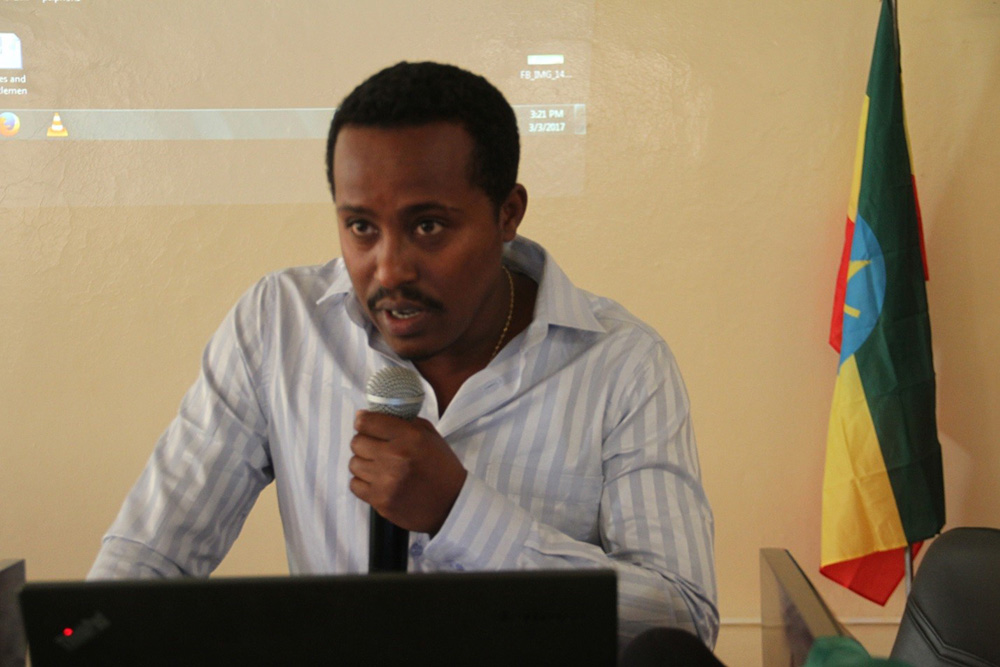
Mr. Henock said the Department has a great responsibility and it has to work more in creating awareness on the issue to the undergraduate students and the community. And efforts of cooperatives should be supported by research in order to transform the sectors contribution for the national development.
Vice President for Academic Affairs, Professor Nigussie Dechassa, on his opening speech said that, to further enhance and strength socio-economic impact of the (Cooperative) sector in our country, all stakeholders should exert their extravagant effort. To this purpose, academicians and researchers should take part through conducting research and preparing different panel discussion and conferences pertaining to necessary issues in this sector.
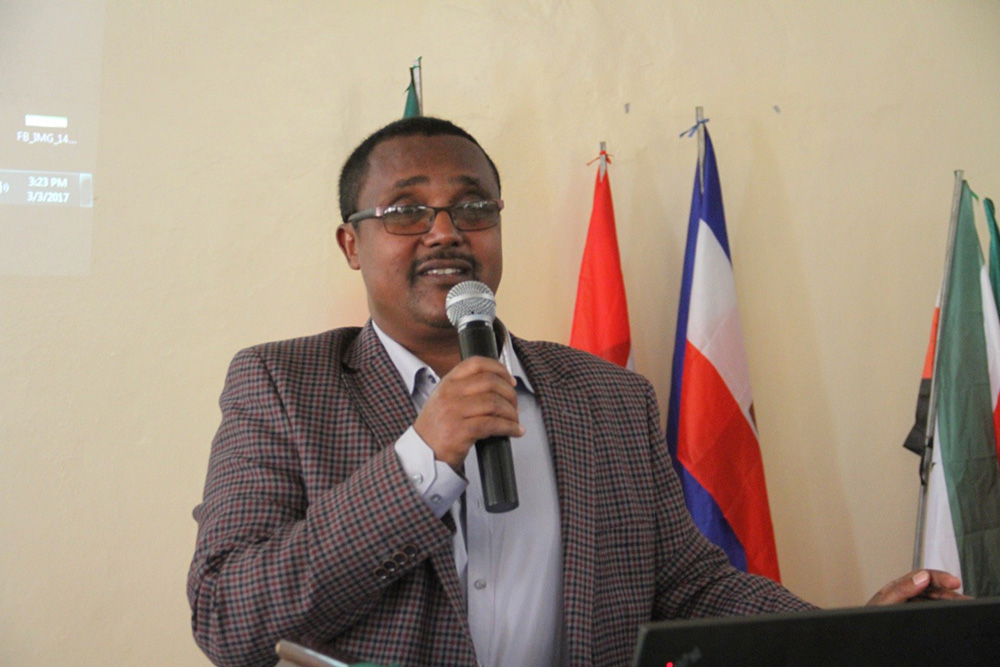
He also explains that in our communities, the roles cooperatives can play a vital role. As an academic unit or institution of higher learning, we should survey our area zoom in and out on the communities surrounding us, be it farmers and an urban dwellers.
According to Professor Nigussie there is a lot of need for Cooperatives. For instance, vegetable and potato producing farmers in eastern Ethiopia suffer a lot in terms of market imperfections. Middlemen come, survey, buy product at farm gate prices on the farm itself. Money is with promise until the vegetable reaches consumers in Djibouti; Hargeissa and Mogadishu truckloads are dispatched. But, the Middlemen may default in it and farmers may lose completely. As stuff and students of the Cooperative, we should see this as an opportunity to learn, research, and teach the community as to how they can address their problems by organizing themselves into Cooperatives. This is also the best opportunity for learning what is at stake with community practically and to innovate how to solve the problems the higher learning institutions, research institutions and all other stake holders should involved at higher level to support the sector’s development.
In behalf of Federal Cooperatives Agency, Delegates from Federal Cooperatives Agency, Mr. Abraham Ejeta, said Cooperatives play a vital role in economic development in all sectors of the economy. A well organized and properly functioned Cooperatives links and supply new technologies and marketing for its members and create a modern production and marketing system.
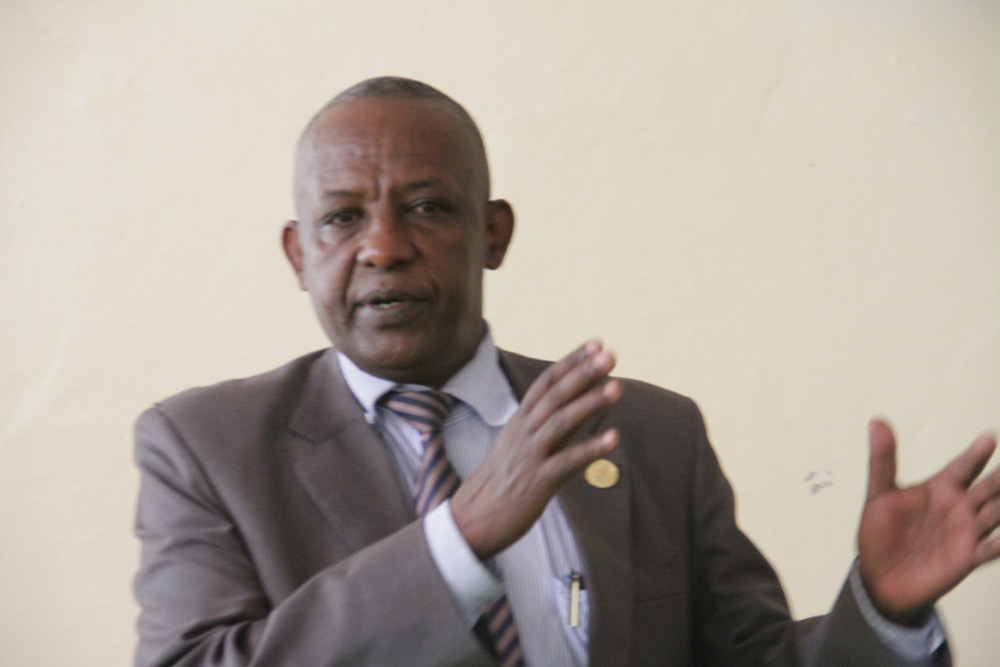
He added in the second Growth and Transformation Plan we are working to enhance the capacity and knowledge of cooperatives, and promoting saving for further investment by preventing rent seeking attitudes in the cooperatives.
In the two days Discussion Guests from Federal Cooperatives Agency, Agricultural Transformation Agency (ATA), Agriterra Ethiopia, NGO: Heads of Harari and Somali Region Cooperative Promotion and East and West Hararghe zone Cooperative Promotion leaders, Cooperative Union Managers from East and West Hararghe as well as Cooperative Department Heads from 8 Public Universities totally 280 were in attendance and 3 research articles were presented and participants have reflected various issues, their views and concerns and opinions towards the articles.
They have also raised various questions regarding the cooperative and its development to the presenters. Finally, each of the presenters reflected on the questions, comments, reflections and concerns of the participants.
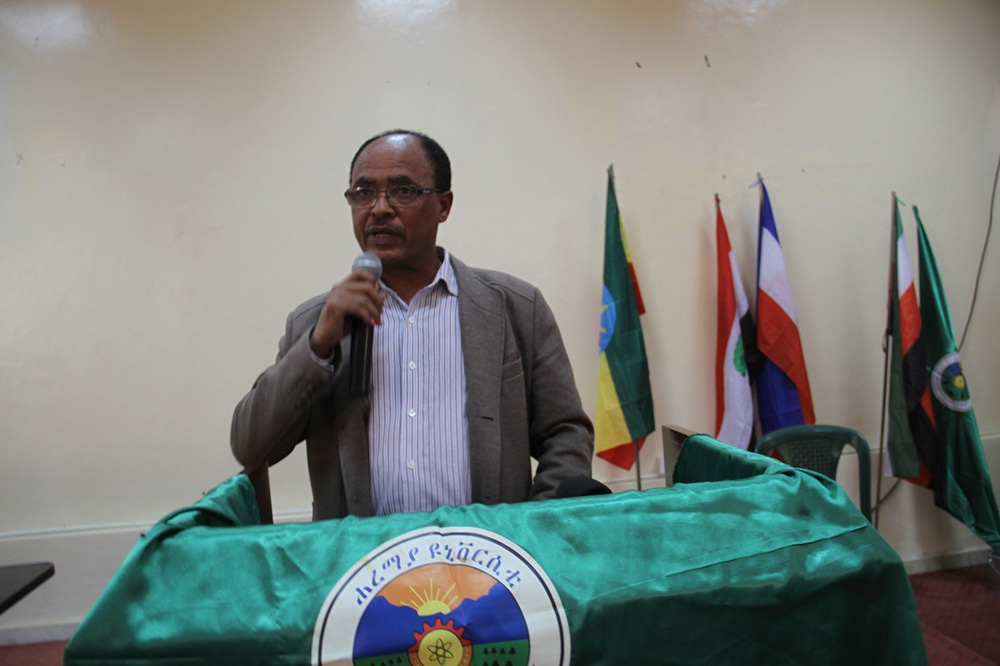
The closing remark was made by Professor Kebede W/tsadik vice president for University enterprise. He said that such panel Discussion is useful to boost experts’ knowledge and understanding of student’s attitudes in order to solve the Challenges Cooperatives they have.
